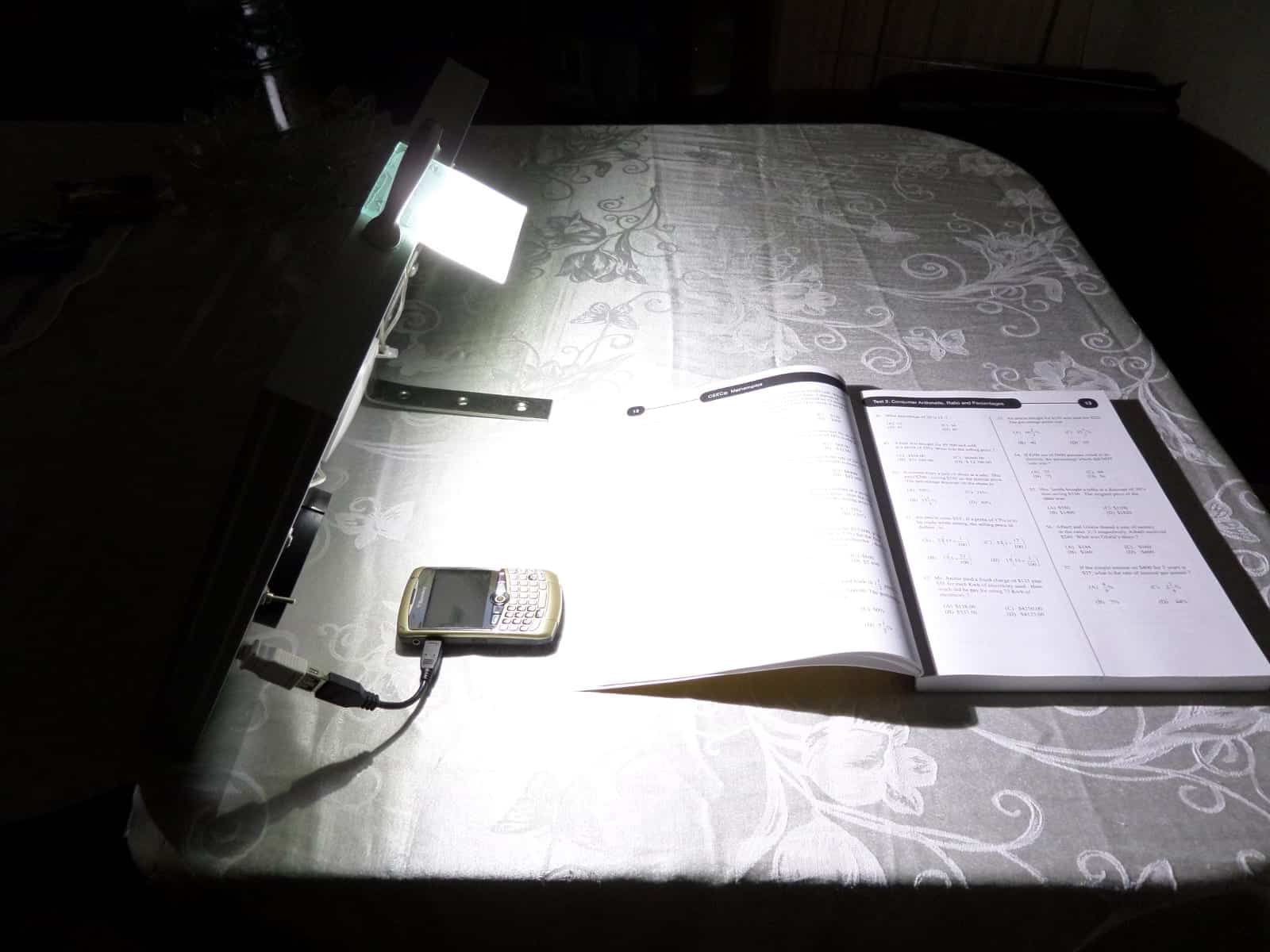As is the case with most technologies, blockchain has its use cases. The first step to identifying blockchain’s use cases and why you should use blockchain, or why blockchain may not be for you is to learn how it works (hardly any technical details required).
To put it frankly, blockchain is a data storage concept that entails storing data (which could be transactions or some other information such as shipment details) in blocks that are chained together by cryptographic hashes. A good blockchain contains the hash of a previous block to make it immutable (and therefore tamper-resistant/virtually tamper proof). Tampering with a block’s contents (like trying to delete a transaction) breaks the chain and that is revealed by successive hashes.
Stop Tampering In Its Tracks – Immutability Is Important
Don’t skip over this one! Many might think that they don’t need immutability when they do. Think about everything you do online, and the fact that the history of your activity is usually stored. Whether it is your transaction history, shipment history, sales history, emails with clients or anything like that, it is stored permanently.
The inability to delete data from a blockchain is not nearly as significant an issue as it is a benefit. This is called immutability, and it ties into the issues of keeping track of all events for various reasons (especially security and quality control purposes). For example: You don’t want an unscrupulous employee at a remittance company to send themselves money from someone else’s account and them delete the transaction (important evidence) from the company’s database.
Data Loss And Recovery – Make Data Recovery A Thing Of The Past
If you utilize the block confirmation concept that Bitcoin does, backups could be automated and trouble-free (this assumes that the design and code of your software is free of bugs). This may be easier said than done, but Bitcoin has maintained its users data for 10 years without losing or corrupting it. It is an automatic, self-correcting, self-checking system that backs its data up frequently.
Thanks to solid code, many backups (each full node contains a copy of the Bitcoin blockchain), and the tamper evident hash-utilizing system that detects data corruption and prevents it from happening. Bitcoin achieved this despite being fully autonomous, yet organizations everywhere using conventional databases are grappling with data loss, data corruption, and fraud.
There are thousands of full nodes around the world, but you don’t have to have that many. It is desirable to have several or more data centers around the globe that constantly update each others’ backup copies while effectively warding off data corruption and tampering thanks to SHA-256 checksums.
In other words, your nodes won’t propagate corrupted data throughout your network. Once again, this assumes that your network is built like Bitcoin’s. This is key to protecting yourself from unavoidable issues such as hardware malfunctions (such as hard drive damage causing corruption or downed computers).
Another key to never going down is no centralized points of failure. Unfortunately, I have to use Bitcoin as an example again! Bitcoin doesn’t have a centralized gateway routing traffic to nodes. Your node automatically discovers and connects to other nodes on the network and syncs with them. This is why the Bitcoin network doesn’t go down, and it is an unlikely scenario.
Smart Contracts – Collaborate With Other Companies And Enforce Mutually Agreed-On Rules
This is a complicated subject, but smart contracts enable you to automatically enforce rules on your blockchain, and to automatically execute/enforce the terms of contracts that you and participating companies have agreed on. This all ties in to the accountability that blockchain and distributed ledger technology offer. I wrote a bit more about that in my EOS article.







